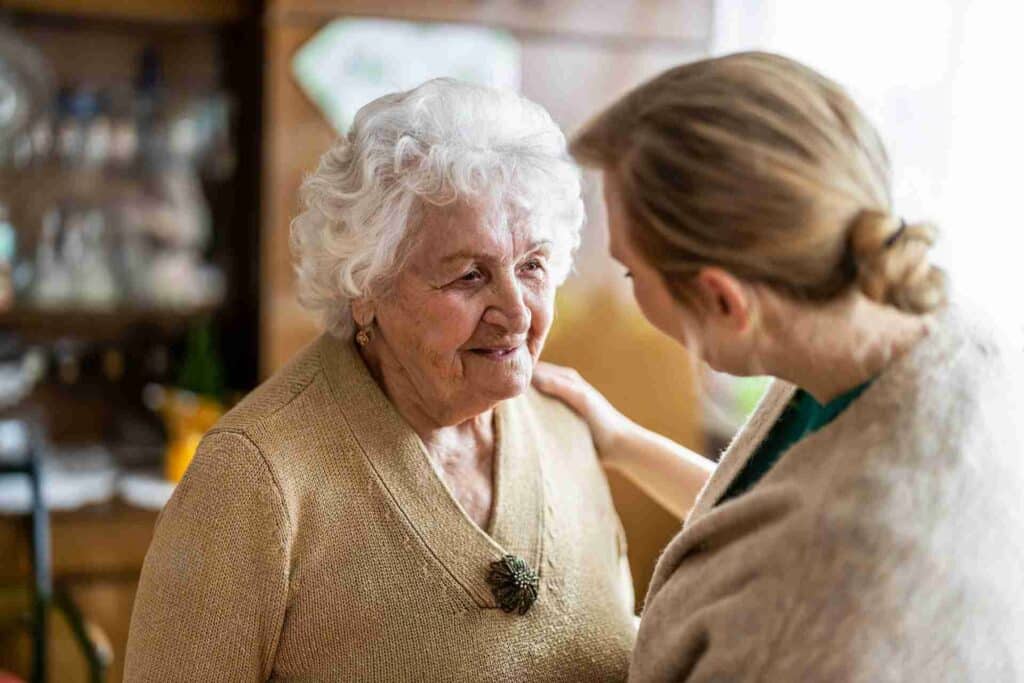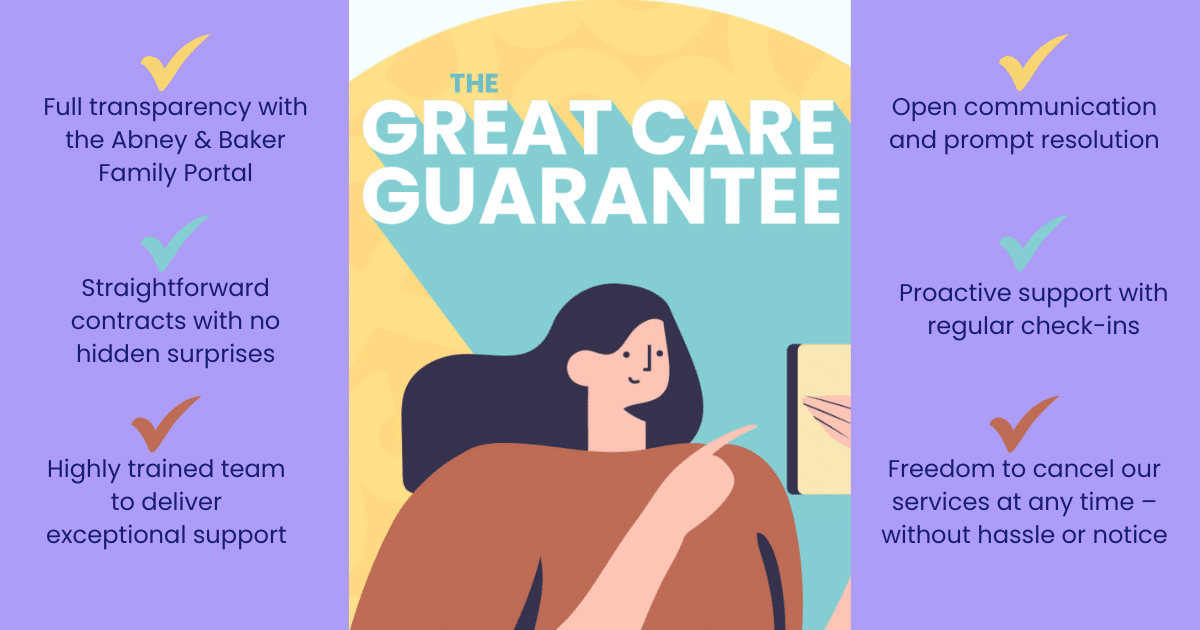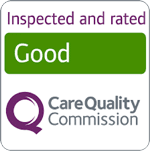The term dementia is an umbrella word for various progressive neurological disorders. These disorders affect the brain function of the individual. There are over 200 subtypes but the most common causes of dementia are vascular dementia, Alzheimer’s disease, dementia with Lewy bodies, frontotemporal dementia, and mixed dementia.
This affects millions of people around the globe, with most patients being the elderly. The different types of dementia have varying symptoms and severity.
In this article we shine the spotlight on Lewy Body Dementia to really understand what it is, the stages involved and what support is available.
The technical bit:
Lewy body dementia or dementia of Lewy bodies is one of the most common subtypes of dementia. Protein deposits cause this subtype in the brain, which is when we see disruptions in the normal functioning part of the brain cells.
Lewy body dementia initially causes difficulty in mobility and within a year, patients may start to have memory problems. The symptoms can resemble those of Alzheimer’s disease and the affected loved one can also experience abrupt behaviour and hallucinations.

The 7 stages of Lewy Body Dementia:
Read on to learn about the seven stages of Lewy body dementia that your loved one may face.
Stage 1:
During this stage, your loved one will show no symptoms. They will seem the same as always – carrying on with daily life as usual, making the disease unnoticeable to your loved one, you as their family and their doctor.
However, an MRI scan or CT scan can lead to an incidental finding during routine check-ups. If an early diagnosis is given it can help reduce the pace of progression.
In rare cases, the individual can experience some symptoms of dementia with hallucinations or mood changes even in the first stage.
Stage 2:
At this stage, your loved one will start showing very mild symptoms. They can experience subtle changes in behaviour and memory function. However, it will still be difficult to notice these symptoms, so diagnosis will be tricky.
Your loved one may experience mild forgetfulness, which can make it difficult for them to remember names, simple words, problem solving and locate objects they are familiar with. They will be able to continue with their normal daily activities, as these symptoms are very minor.
Stage 3:
Although stages 2 and 3 can be difficult to tell apart, certain symptoms can help you differentiate. At this stage your loved one will experience mild cognitive decline, and a diagnosis may be near. Symptoms at this stage include mild memory loss, forgetfulness, and problems concentrating.
Since their cognitive abilities are on the decline, your loved one will face a higher risk of falls. This can hamper their daily routine, and they will face difficulty continuing with it in their usual way.
Stage 4:
This is the stage at which most patients have confirmed diagnosis, because doctors and specialists can easily detect the cognitive decline. Your loved one will start to exhibit moderate symptoms that will cause disruption to their daily life.
The most common symptoms can include choking, difficulty swallowing, aspiration, and excessive drooling. Tremors and forgetfulness become constant, which causes difficulty in performing daily tasks unsupported. Unfortunately, constant supervision becomes necessary at this stage.
Your loved one will have increased daytime sleeping, but with fewer hallucinations.
Stage 5:

Significant memory loss will make them struggle, and they are likely to be constantly confused. They are now likely to need a lot of support in daily life.
Other symptoms that your loved one is likely to encounter:
- Fever and high risk of infections and skin diseases.
- Delusions and hallucinations that can cause them to become paranoid and confused more often.
Therefore, support with eating and self-care will become essential for them.
Stage 6:
Severe cognitive decline will indicate your loved one is at stage 6 of Lewy body dementia. They will regularly face urine and bowel incontinence, their ability to speak will decline, and they might not have any memories other than early life.
A high level of care will be required to live comfortably. They will show signs of personality changes and face difficulty recognising family members.
Stage 7:
At this stage the symptoms are intense, and this is usually the final stage of a dementia patient. The stage generally lasts 1.5 to 2.5 years and requires your loved one to receive palliative care.
At this stage, your loved ones will lose their ability to communicate. They will not be able to walk and will require assistance for every tasks round the clock.
What is the average lifespan after diagnosis?
Lewy Body Dementia is unfortunately a fatal disease, and it will only get worse over time and shorten lifespan. The lifespan after the diagnosis is between 8 and 12 years. Therefore, it is important to find the right care and support for your loved one as early as possible as this will greatly improve their quality of living.
Home care services for your loved one diagnosed with Lewy Body Dementia
Having a loved one diagnosed with a progressive neurological disorder can be heart-breaking for all involved. This can initially cause you to take it upon yourself to become the primary caregiver. However, providing round-the-clock assistance to a loved one diagnosed with dementia can overburden you both physically and emotionally, especially when you’re also juggling your own children, job, partner etc. You are also likely to feel guilty about asking for help.

However, it is important to remember that there is no shame in getting support from professional home care services for your loved one before it starts to affect your well-being. Respite care will not only help you, but will also be beneficial for the well-being of your loved one.
At Abney and Baker, we provide professional dementia care from the beginning of your loved one’s journey, even before diagnosis. Our dementia friendly care team ensures your loved one feels safe and supported in the comfort of their own home. This way you can focus on having a quality relationship with your loved one while you have this precious time.
You will also have the peace of mind that your loved one is in safe and caring hands.
To find out more about our Companionship Support and Home Care Services across West Wiltshire and Bath & North East Somerset, just get in touch on 0333 043 4880 or drop us an email enquiries@abneyandbaker.com.
If you do want to talk to us about the challenges you’re currently facing and how we may be able to support you and your loved one, then do give us a call or click below to book a call and we’ll give you a shout back.
Helping your loved one to continue living independently and confidently in their own home.
By providing a range of support at home, we’re helping many clients across Bath & North East Somerset and West Wiltshire retain their independence and stay in control in the comfort of their own homes.
Remember we’re always here if you want to chat about your care options. Just get in touch:
Call 0333 043 4880 – Email enquiries@abneyandbaker.com – Book a call here














